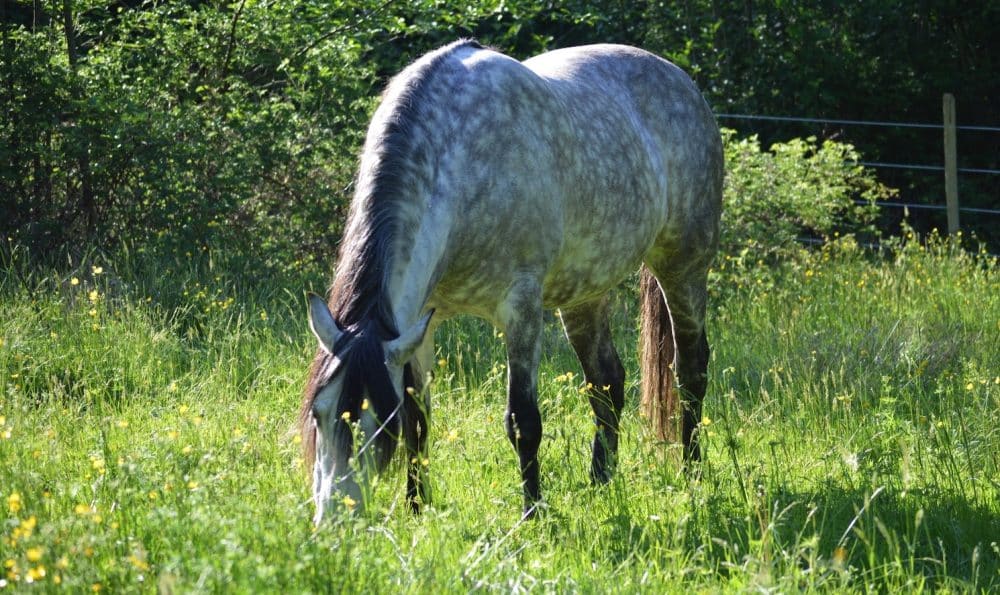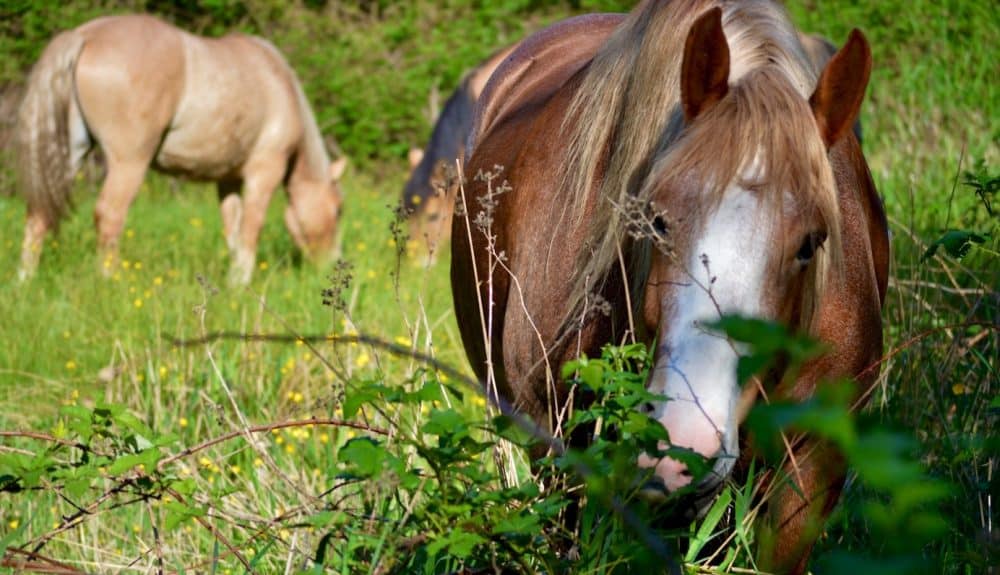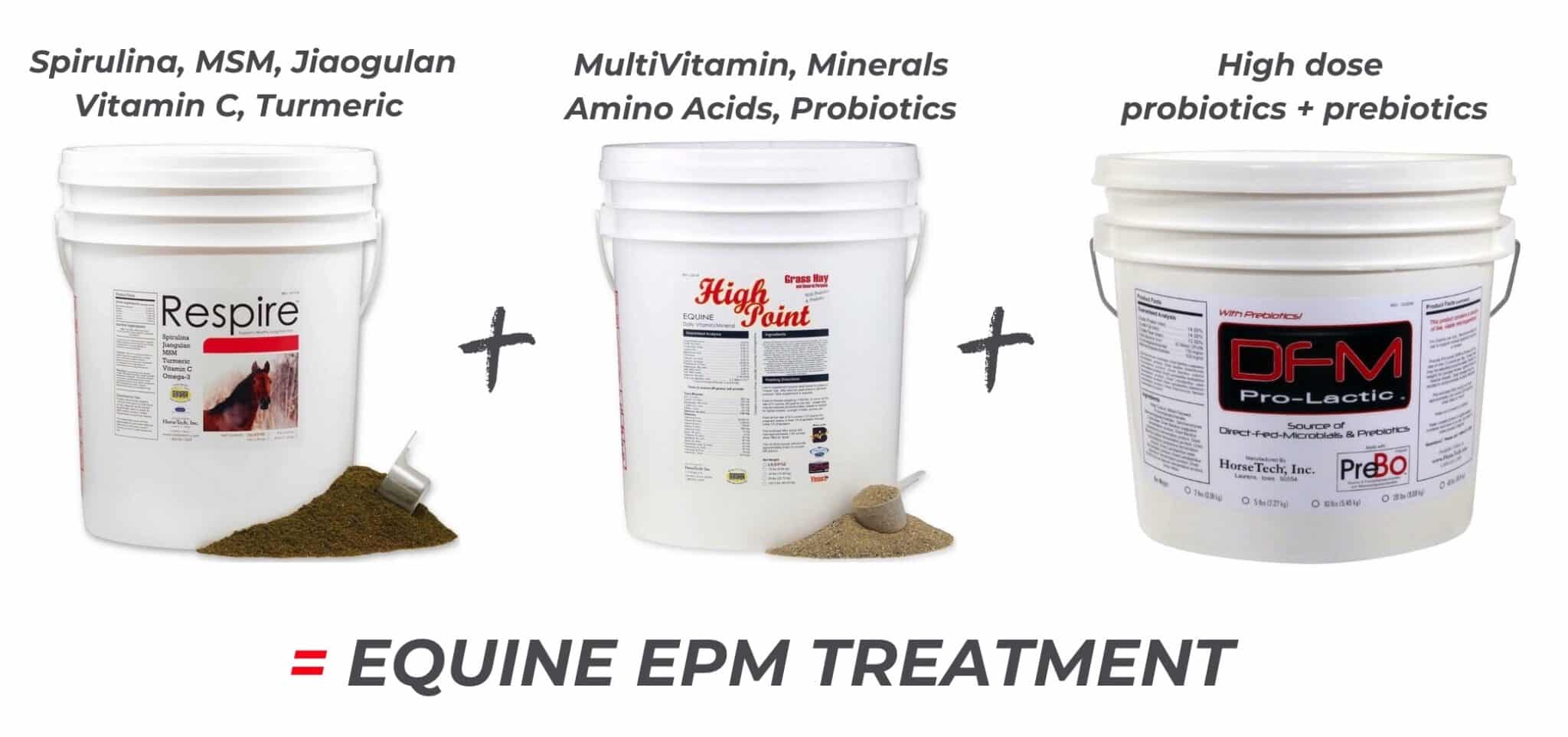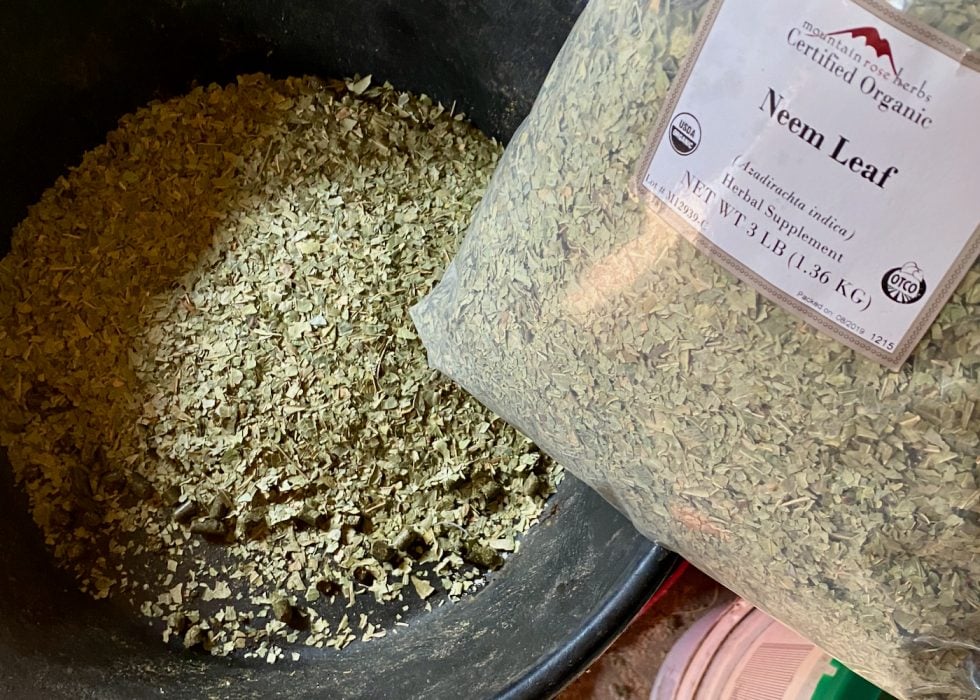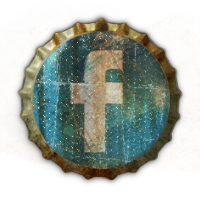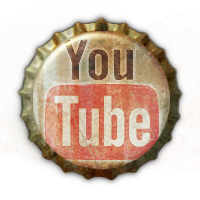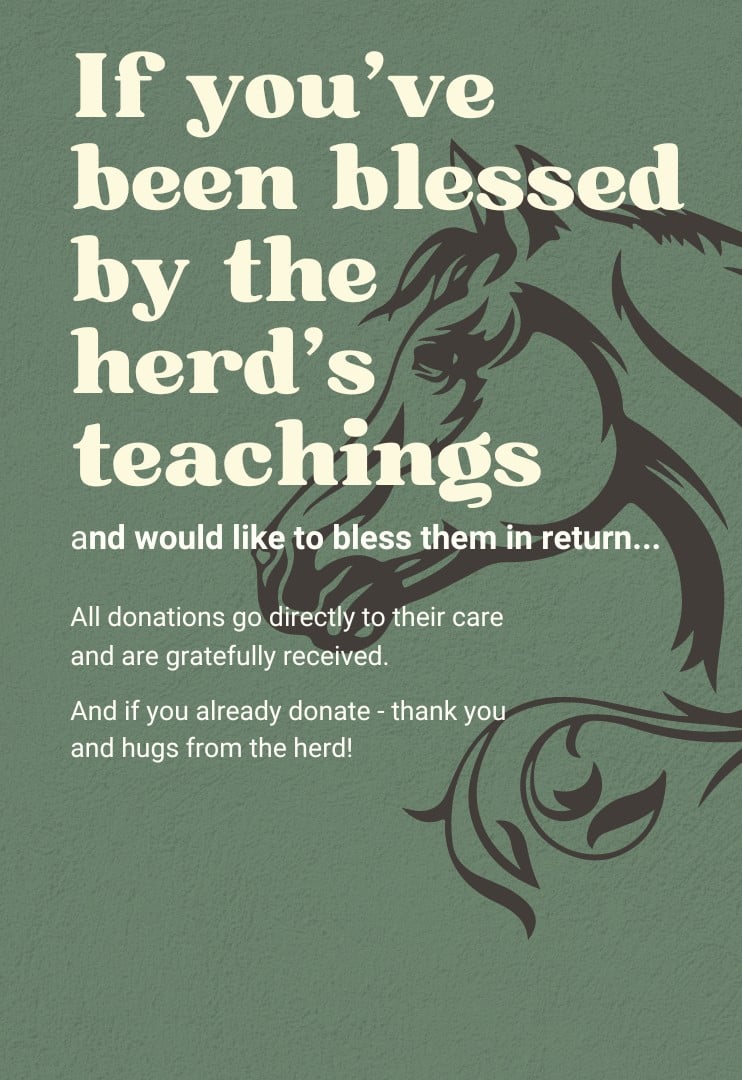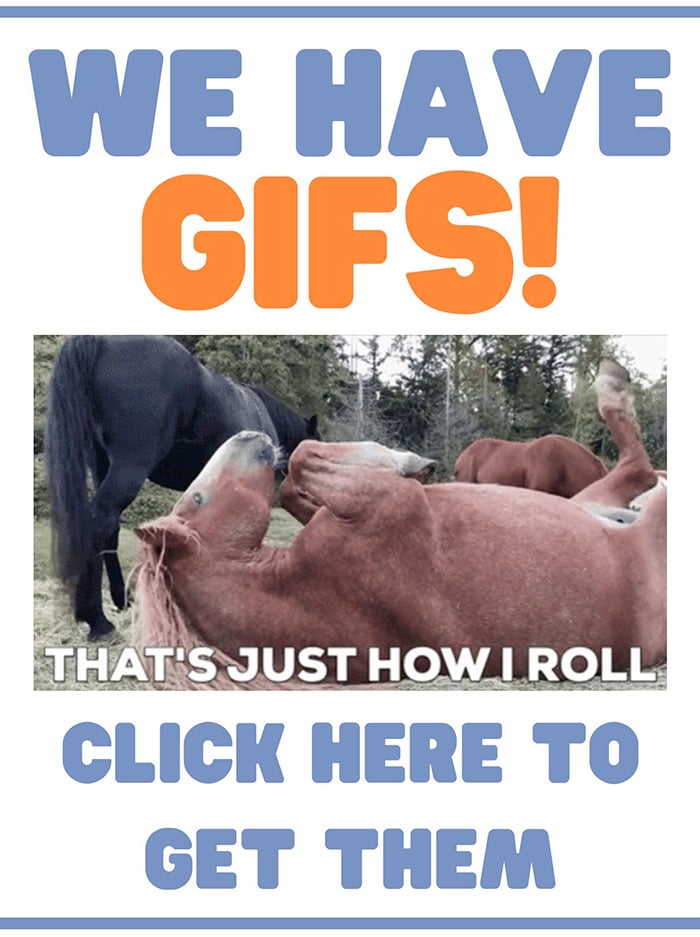One of our horse listeners wrote in for help with two rescue horses with EPM and Lyme. Your first question might be: What’s EPM?
Equine Protozoal Myeloencephalitis (EPM) is a parasitic infection. It is not transmitted horse-to-horse, but rather, the horse ingests the infective sporocysts while grazing or eating contaminated forage or water.
Lyme disease, on the other hand, is a bacterial infection. Many horses can carry the bacteria with no negative signs – probably because their immune systems can handle the pathogen and they have enough good bacteria to keep the culprit in check.
Here is the detailed question I received:
“Hello! I’ve been following your Youtube videos/website for a while now and love your approach. I often take in horses that are struggling, or perfectly healthy horses who expose an issue shortly after being here. I think they must know that I’m all in on helping them. Currently, I have a previously malnourished young Percheron who also appeared to have EPM and also have a mare with chronic Lyme. That said, where do I start with herbals? I don’t want to randomly buy $300 in herbals to ‘see what they think’ and also want to make sure they are horse safe. Please let me know!” – M.M.
Well, I can’t tell anyone what to do for their horses as I’m not a vet, but I can tell you what I’d do if they were my horses…
Bio-terrain versus infection
In both cases (Lyme, EPM) you’re dealing with parasitic/microbial infection. So the first thing I would look to do is boost the horses’ immune system.
Horses (and humans) evolved to live with a substantial parasite load, so sharing bio-terrain is not necessarily a ‘bad’ condition. With humans, we have far more bacterial cells than human cells.
So with all earthlings, we need to look at the balance of microorganisms. Things only become problematic when the microbial load becomes too heavy, or the immune system is too weak to manage the microorganisms.
As you may know, with humans that have Lyme and parasitic infections, we undergo an intensive pathogen-killing program. This is more difficult to do with horses, especially since they can’t be force-fed ongoing like dogs and cats.
I also believe horses have an advantage over humans though, because they are grounded to the earth and outside 24/7. The earth has a tremendous role to play in healing and maintaining health (unless horses are stabled or penned into small dry lots) so we have a powerful healing ally right there.
So if these were my horses, I would focus on:
1. Building their immune system with all the foundational vitamins, minerals, amino acids and targeted supplements
2. Improving their gut flora (good bacteria), which will also hugely improve their immune system
3. Offer free choice anti-microbial herbs and let my horses decide how much and when
I’ll give you my ideal supplementation and then you can adjust as you can afford, or as you feel is most important.
1. Build their immune system with foundational vitamins, minerals, aminos and targeted supplements
The ingredients in this product (Jiaogulan, MSM, turmeric, Vit.C, Omega-3, spirulina) are all powerful immune strengtheners, with anti-inflammatory action. It also includes a base of micro-milled flax and chia – which provide the amino acids missing from hay/grass and improve intestinal peristalsis.
I would also feed a great vitamin/mineral/amino acid blend (foundational for immune system) and make sure it contains natural vitamin E (very important for EPM). I’ve linked to the powder version here, but it is also available in pellets
NOTE: it’s cheaper to buy pellets locally (due to their heavy weight) and then top-dress with all these supplements. You can also use chaff (chopped hay) as the base and sprinkle the powder/probiotics on top if you are avoiding pellets.
2. Improve their gut flora (good bacteria), which will also hugely improve their immune system
I would give the horses these potent probiotics and prebiotics on a base of micro-milled flax (anti-inflammatory Omega-3 + amino acids missing from hay/grass).
Most of the fermentation and resulting beneficial substances (like good bacteria, enzymes, serotonin) takes place in the hind gut (large intestine) of the horse, so potent probiotic supplementation is crucial.
Combining probiotics/prebiotics with powerful immune strengtheners, crucial vitamins at therapeutic levels, and anti-inflammatories, supports the horse with all the tools he needs to heal himself. I would hope to see an improvement in 30-60 days.
3. Offer anti-microbial herbs free choice and let the horse decide how much and when
I have offered all 11 of my horses free choice wild oregano oil. Some of the wildies just like it topically on insect bites, but many of them will take it by mouth! Your horse may know that wild oregano will help clear their parasites, so offer it and allow them to decide how much and when. Audelina once asked for 6 dropperfuls in one go! This is the brand I recommend for humans and horses.
The other anti-pathogen I would offer is Neem leaf. The first time I offered neem leaf, none of the horses would eat it. But then Audelina told me to douse it in cold-pressed flax oil to help them get it down. She told me to coat all the dried leaf fragments really well, so I did. And then ALL of the horses ate some. Some ate a lot, others less. Here’s lots more info on neem leaf and how I offered it free choice to my crew.
Again, you could offer neem daily and let them decide dosage. If no one wants it when you offer, just leave it in their area. I did this a few times and the next day, it was all eaten. You can see the neem leaf I recommend here and the link to order it (we don’t sell it, but I recommend an excellent supplier).
You may have heard some people recommending diatomaceous earth, but clinical research did not reveal it to be very reliable. Although many swear by it.
Another great immune booster and anti-pathogen is garlic. It can be very difficult to get horses to eat powdered or granulated garlic though, so I recommend this version – which is combined with apple cider vinegar, diatomaceous earth, and B vitamins (also excellent for the immune system) in easy-to-feed pellet form.
Lastly, for Lyme disease I would also give Japanese Knotweed root powder. Full instructions are in this post for treating resistant Lyme disease.

Jini Patel Thompson is a natural health writer and Lazer Tapping instructor. She began riding at age 2 in Kenya, and got her first horse at age 8 in Alberta, and so continues a life-long journey and love affair with these amazing creatures.

